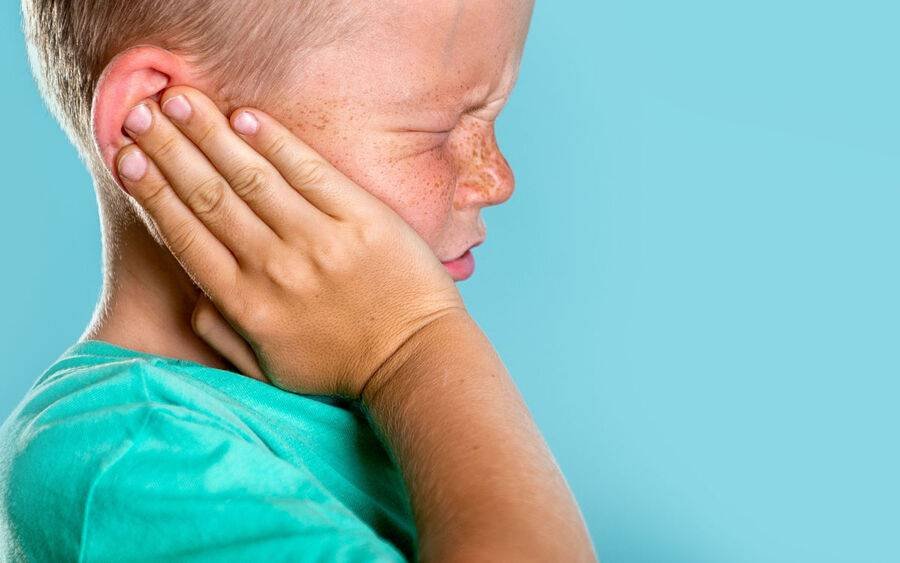It seems like children always find new ways to worry their parents, from taking their first steps to starting school. But one of the most nerve-wracking experiences has to be when they fall ill.
Understanding the most common childhood illnesses can help parents feel more prepared when sickness strikes. So, what are the typical ailments that parents should be aware of?
What Is the Most Common Virus in Children?
The common cold takes the crown here.
It's as widespread as kids are curious, affecting nearly every child at some point. With over 200 viruses causing the common cold, it's no wonder that kids catch it frequently.
Common cold symptoms include a runny nose, coughing, sneezing, and sometimes a fever.
Thankfully, it's usually mild and gets better with rest, plenty of fluids, and a lot of TLC (tender loving care).
Which Illness Is Known for Its Distinctive Rash in Children?
Chickenpox is infamous for its itchy, red rash. It used to be a childhood rite of passage before the varicella vaccine became a standard part of childhood immunizations.
Besides the rash, chickenpox can cause fever, tiredness, and loss of appetite. While it's usually milder in kids than in adults, soothing baths, and calamine lotion can help ease the itchiness until it passes.
What Are Ear Infections and Why Are They Common in Children?
Does your child have trouble sleeping, seem irritable, or tug at their ears? They might have an ear infection, a common pediatric medical condition, especially among young children.
Because kids have shorter, more horizontal Eustachian tubes, fluids can get trapped more easily, leading to infections.
Most ear infections improve with time, but some may require antibiotics, so a visit to the pediatrician is a good idea if you suspect your child has one.
What Causes Stomach Flu in Kids?
Gastroenteritis, often called the stomach flu, is a major culprit behind tummy troubles in kids.
Caused by viruses like norovirus or rotavirus, it leads to diarrhea, vomiting, stomach pain, and sometimes fever and dehydration.
Keeping your child hydrated is key.
While it usually resolves on its own, severe cases might need medical attention to prevent dehydration.
How Common Is Asthma in Children and How Is It Managed?
Asthma is a leading chronic childhood illness, affecting millions of kids worldwide. It can make breathing difficult and trigger coughing, wheezing, and shortness of breath.
Triggers vary widely, from cold air and exercise to allergens like pollen. Managing asthma involves avoiding triggers when possible and using medication as prescribed by a healthcare provider.
With the right plan in place, most kids with asthma can lead active, healthy lives.
Why Do Kids Get So Many Colds?
It's simple: their immune systems are still learning. Unlike adults whose immune systems have battled many cold viruses over the years, children are encountering these germs for the first time.
Each cold actually strengthens their immune defenses for the future.
Frequent handwashing and teaching kids to sneeze or cough into their elbows can help reduce the spread of cold viruses.
Is There a Way to Prevent These Common Illnesses?
While it's nearly impossible to shield kids from every germ, there are steps to lower their risk of getting sick.
Immunizations are a powerful tool in preventing diseases like chickenpox and the flu.
Good hygiene practices, such as regular handwashing, can also make a big difference.
Additionally, maintaining a healthy lifestyle with plenty of sleep, nutritious food, and regular exercise can strengthen a child's immune system.
You could also apply some natural remedies at home when your little one is sick.
Conclusion
Childhood illnesses are a part of growing up, but knowing what to expect and how to deal with them can make these challenges a little easier on both kids and their parents.
By staying informed, practicing good hygiene, and following recommended immunization schedules, parents can help keep their kids as healthy as possible.
And remember, when in doubt, a pediatrician's guidance can provide peace of mind and the best care for your little one.







